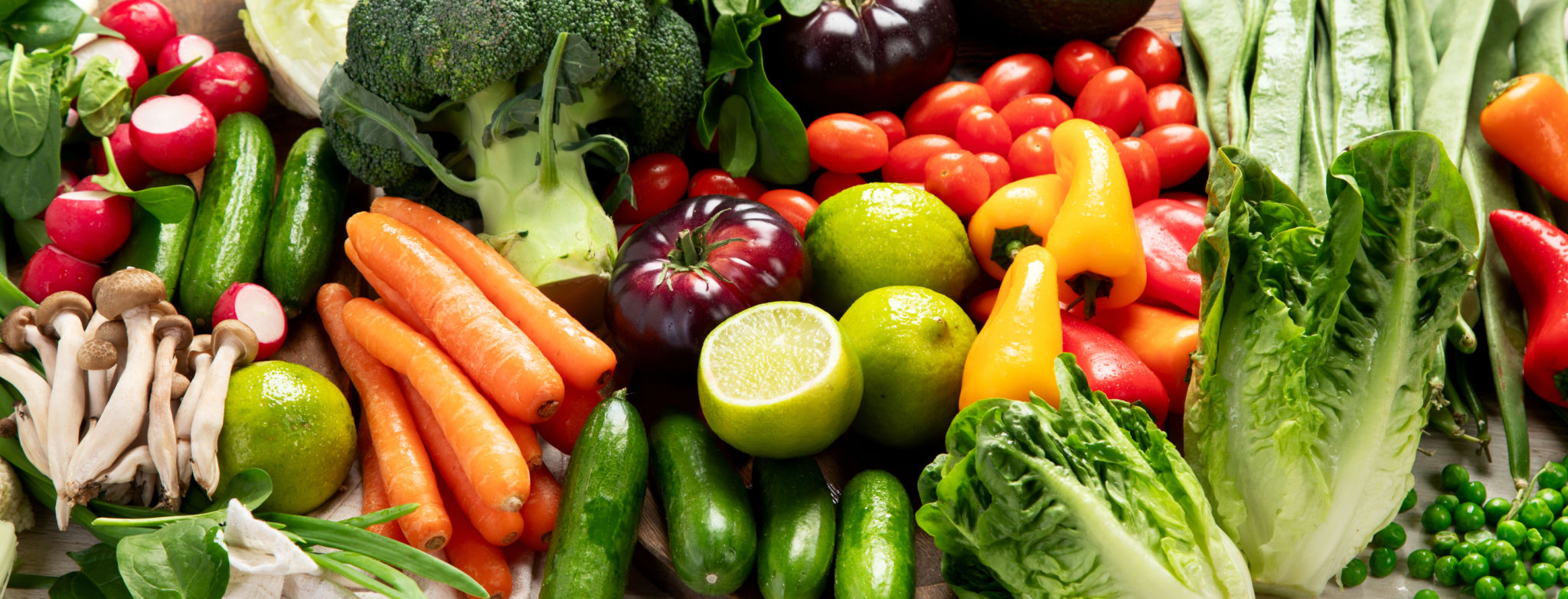Myths About Non-Processed Foods Debunked
Understanding Non-Processed Foods
In recent years, there's been a growing interest in non-processed foods, often touted as the healthier choice. However, several myths have emerged, causing confusion among consumers. It's important to separate fact from fiction to make informed dietary choices.

Myth 1: Non-Processed Foods Are Always Organic
One common misconception is that non-processed foods are synonymous with organic foods. While non-processed foods are minimally altered, they are not necessarily organic. Organic foods are grown without synthetic pesticides or fertilizers, whereas non-processed foods can still be conventionally farmed. Understanding this distinction can help consumers make choices aligned with their values and health goals.
Myth 2: Non-Processed Foods Are Tasteless
Another myth is that non-processed foods lack flavor. In reality, non-processed foods can be incredibly flavorful, as they maintain their natural taste and texture. The absence of artificial additives allows the true essence of the ingredients to shine through. Simple cooking techniques like grilling or roasting can enhance these natural flavors even further.

Myth 3: Non-Processed Foods Are More Expensive
Many people believe that choosing non-processed foods will break the bank. While it's true that some non-processed items may cost more upfront, they often offer better nutritional value and satiety, reducing the need for frequent purchases. Additionally, buying in bulk or opting for seasonal produce can make non-processed foods more affordable.
Myth 4: Non-Processed Foods Are Difficult to Find
There is a perception that non-processed foods are hard to find, requiring trips to specialty stores. However, most supermarkets now offer a wide variety of non-processed options as consumer demand increases. From fresh produce to whole grains and legumes, many unaltered foods are readily available in local grocery stores.

Benefits of Non-Processed Foods
Embracing non-processed foods can lead to numerous health benefits. These foods are generally lower in added sugars, unhealthy fats, and sodium than processed alternatives. They also tend to be richer in essential nutrients and fiber, which can support overall health and well-being.
Conclusion
Debunking these myths is crucial for making informed dietary decisions. By understanding the realities of non-processed foods, individuals can better navigate their options and choose a diet that supports their health and lifestyle goals. Remember, the key is balance and awareness in all dietary choices.
